In the vastness of space, where the silence is deafening and isolation is absolute, virtual reality emerges as a beacon for astronauts' mental well-being.
As humanity pushes the boundaries of exploration beyond our planet, ensuring the mental health of astronauts has become as crucial as their physical training. The unique environment of space travel presents an array of challenges to psychological health, including confinement, separation from loved ones, and the monotony of daily routines aboard the International Space Station (ISS). In this context, virtual reality therapy is revolutionizing how astronauts cope with these stressors.
Life on the ISS is a surreal experience. Astronauts witness 16 sunrises and sunsets each day, which can disrupt circadian rhythms. The constant hum of machinery, lack of privacy, and distance from family and friends can lead to feelings of isolation and homesickness. These factors, combined with the high-stakes nature of their missions, place astronauts at significant risk of mental health issues such as anxiety and depression.
Virtual reality (VR) offers an innovative solution to these challenges by providing immersive experiences that can transport astronauts to different environments, simulate social interactions, and even facilitate therapeutic sessions. Here's how VR is making a difference:
Stress Reduction: By simulating calming environments like serene beaches or lush forests, VR can help astronauts relax and reduce stress levels. These virtual getaways provide much-needed respite from the stark environment of space.
Light Therapy and VR: A Dynamic Duo
In addition to VR, light therapy plays a significant role in maintaining astronauts' mental health. By regulating exposure to artificial light that mimics natural sunlight, astronauts can maintain a healthier sleep cycle and mood. When combined with VR, light therapy can enhance the overall effectiveness of mental health interventions in space.
The advancements in VR therapy represent just the beginning of a broader movement to prioritize mental health in space exploration. As missions become longer and potentially involve destinations like Mars, these technologies will be pivotal in ensuring astronauts remain psychologically fit for duty.
For more insights into how science is safeguarding astronauts' mental health, visit the original article here.
In conclusion, as we continue to explore the final frontier, it is essential that we prioritize the mental health of those who dare to venture beyond our earthly bounds. Virtual reality therapy stands as a testament to human ingenuity, offering a bridge between the vastness of space and the comfort of home.
A Glimpse into the Future
Until next time, may your horizons always be expansive and your mental space always clear.


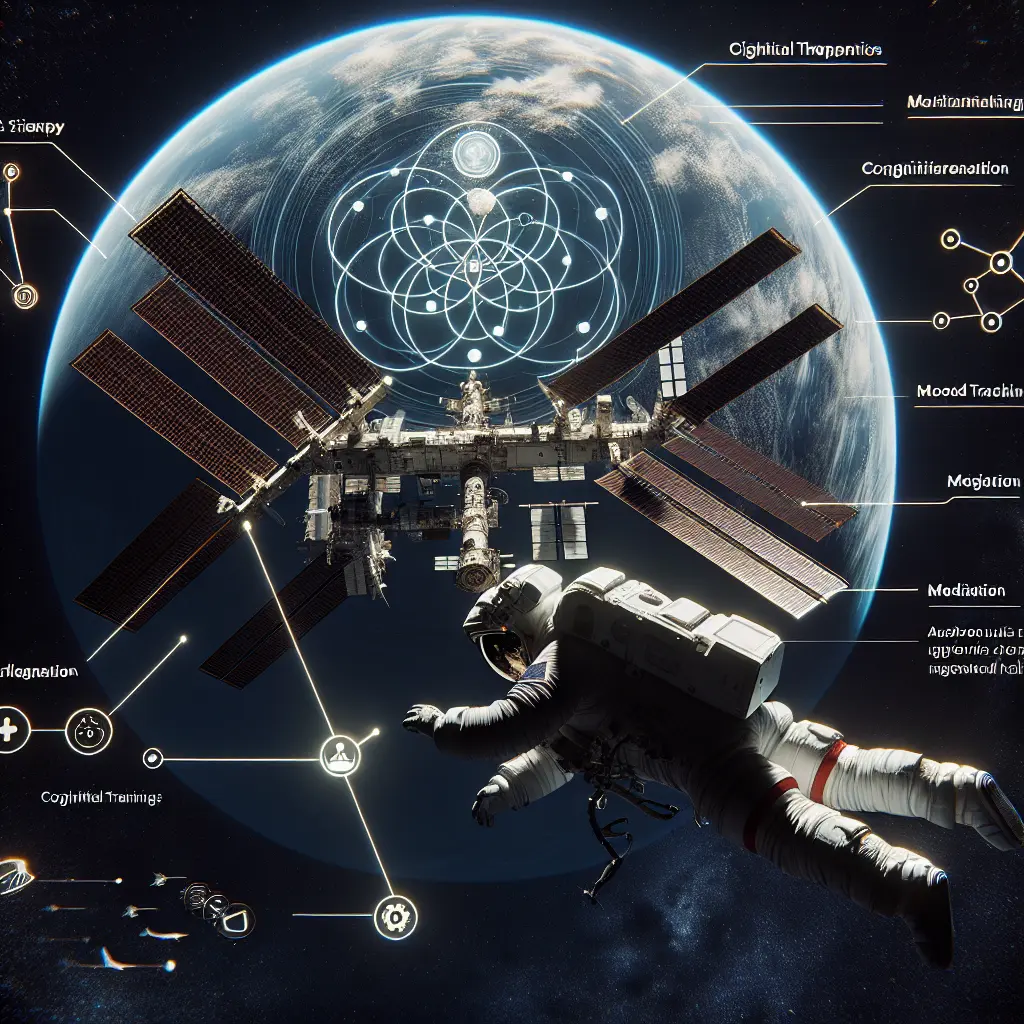

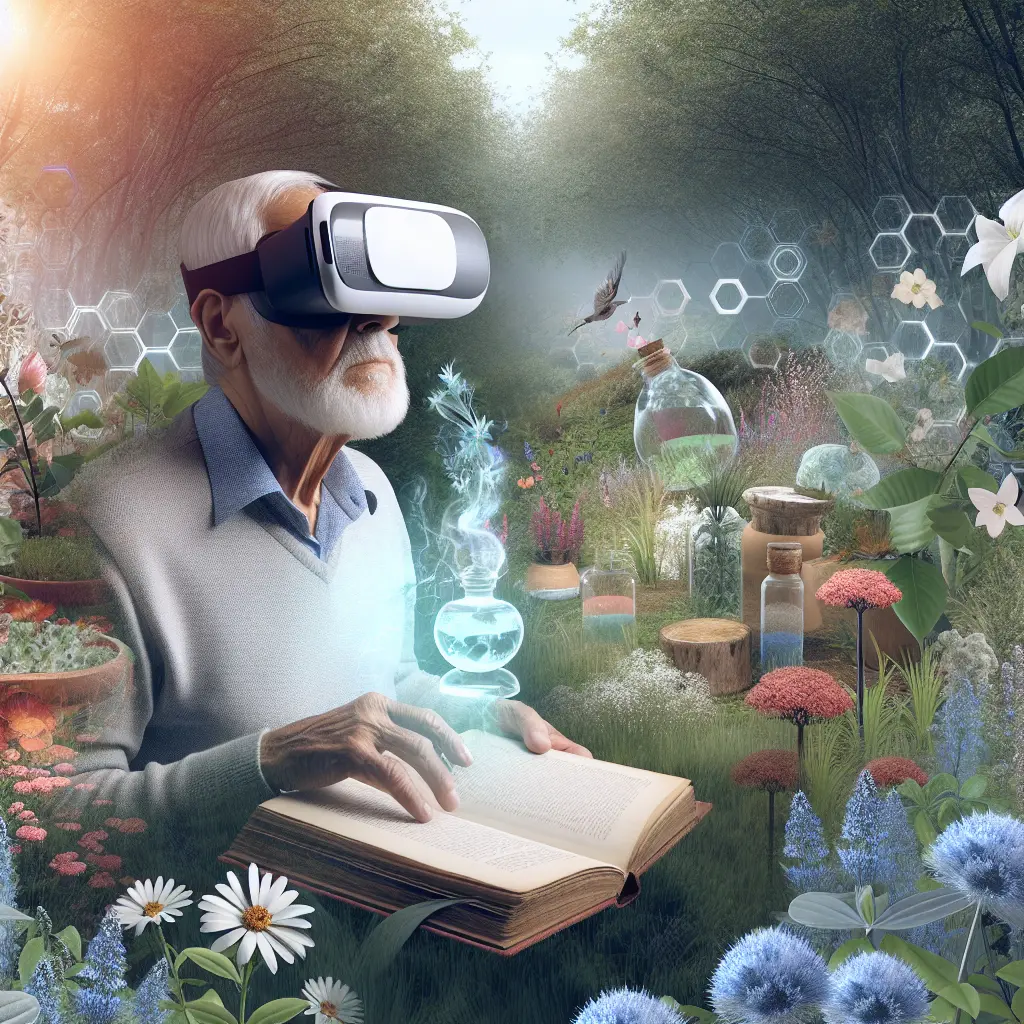
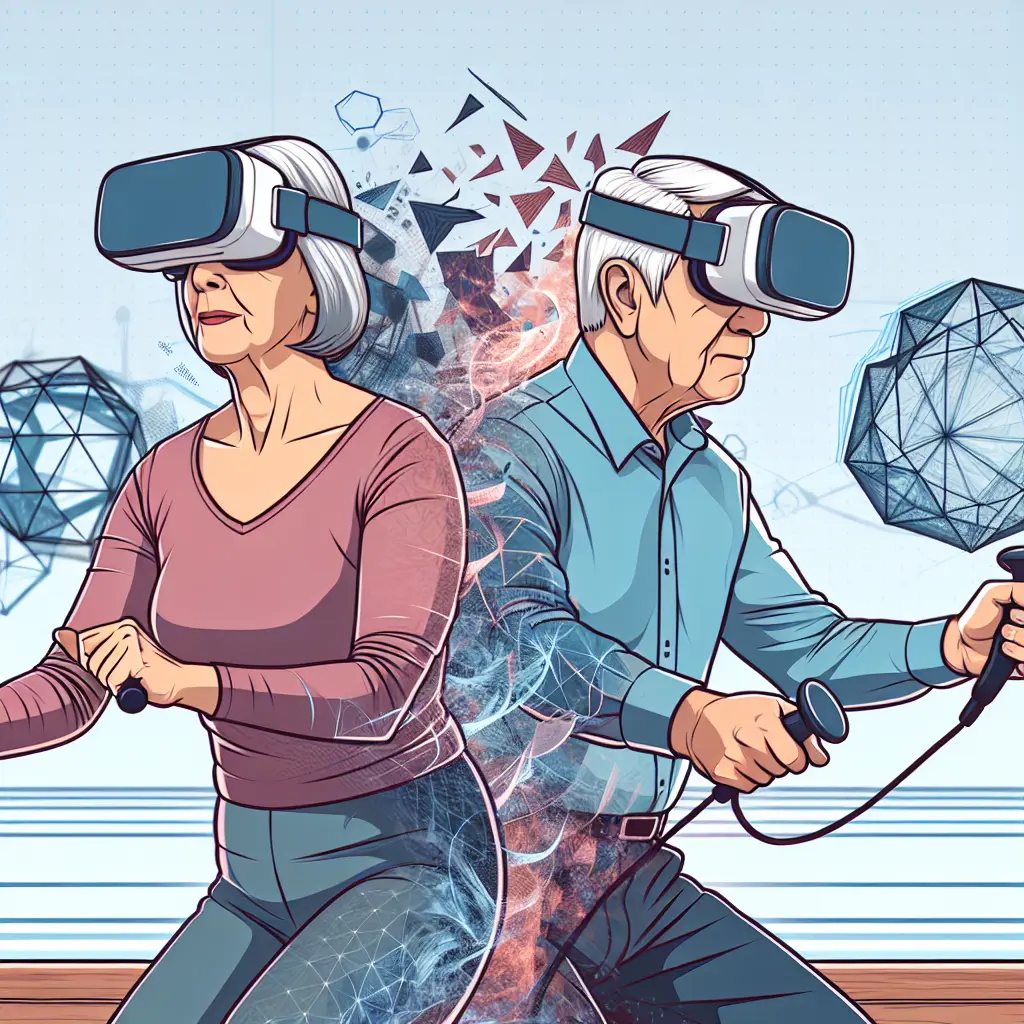
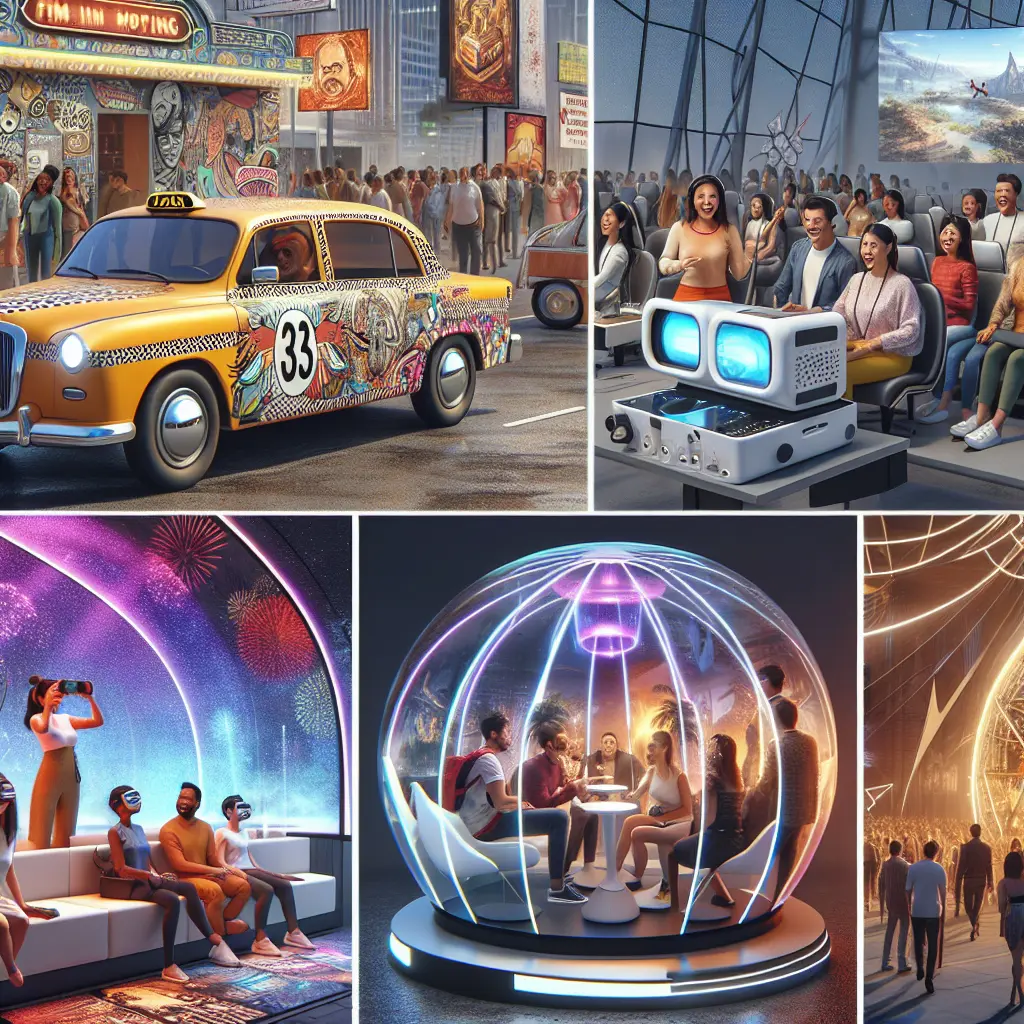
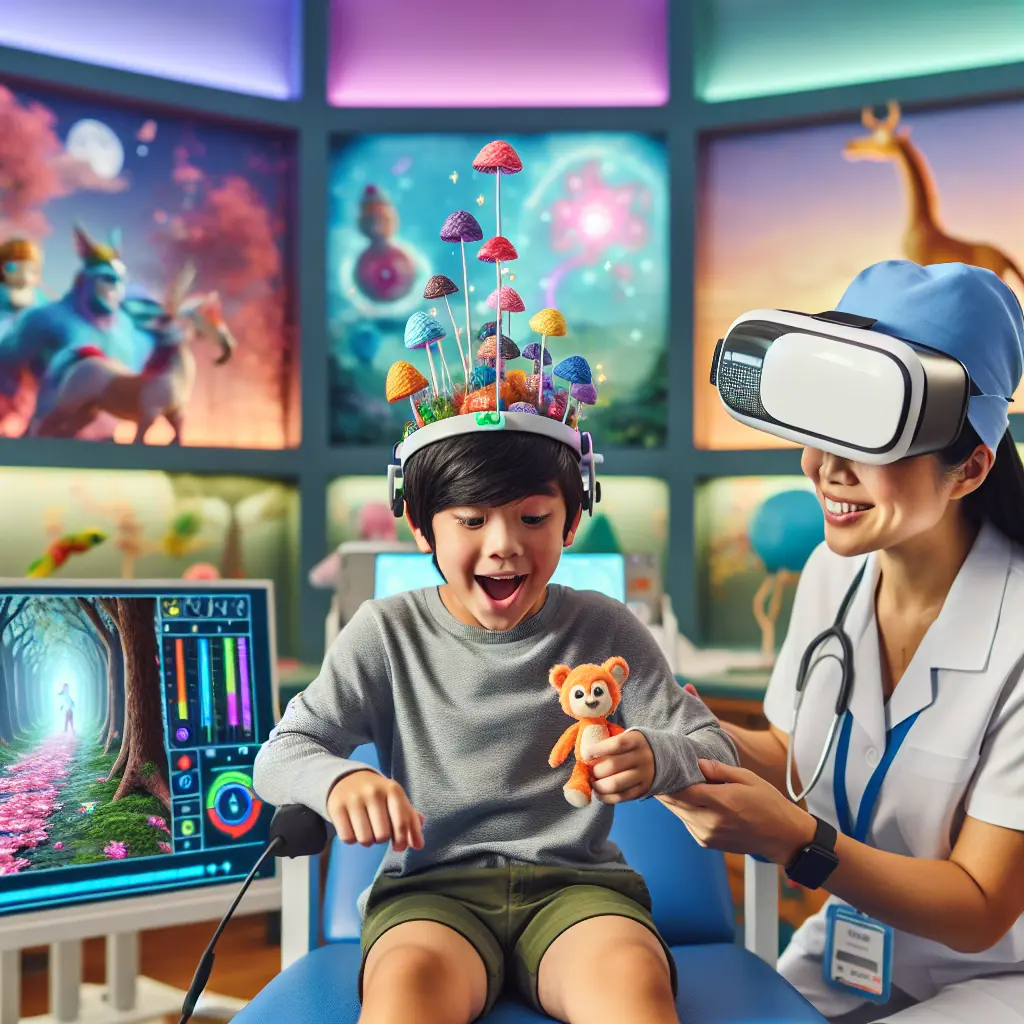

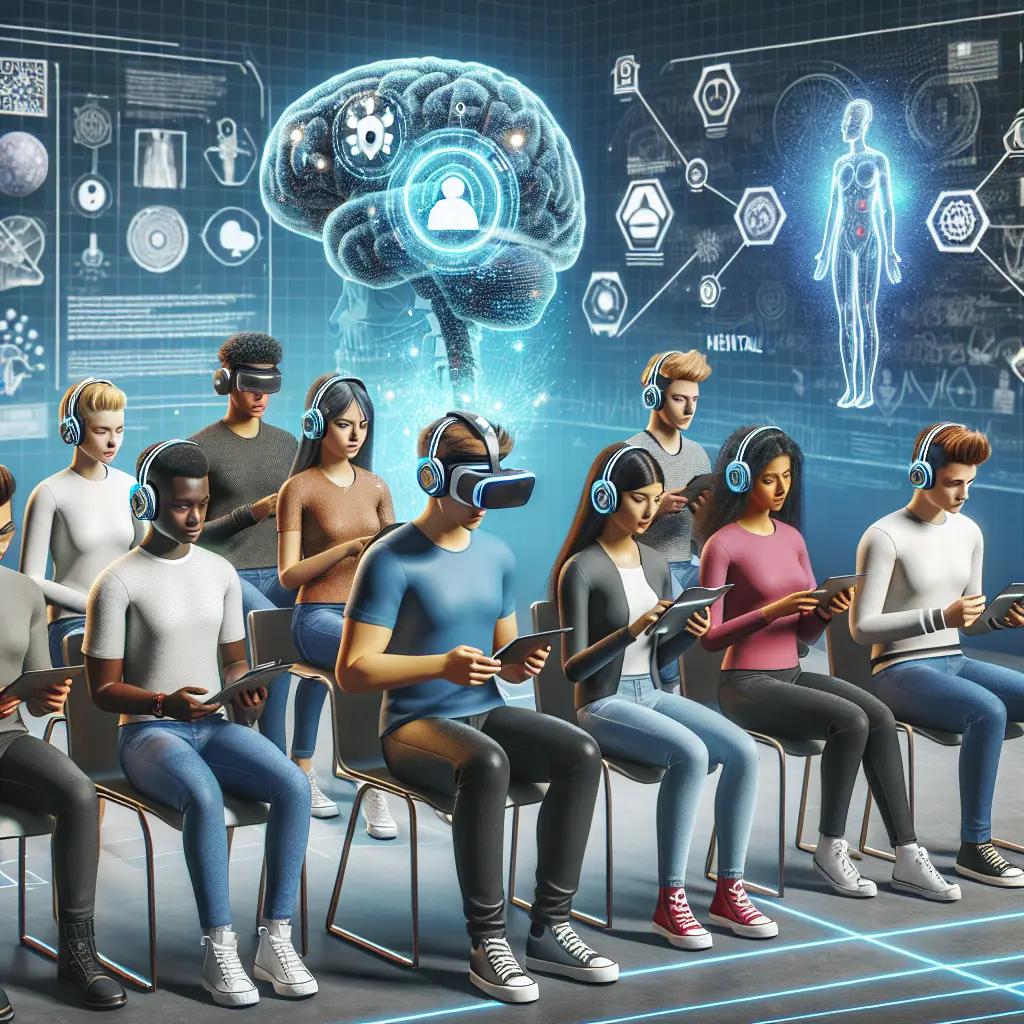
Leave a Comment